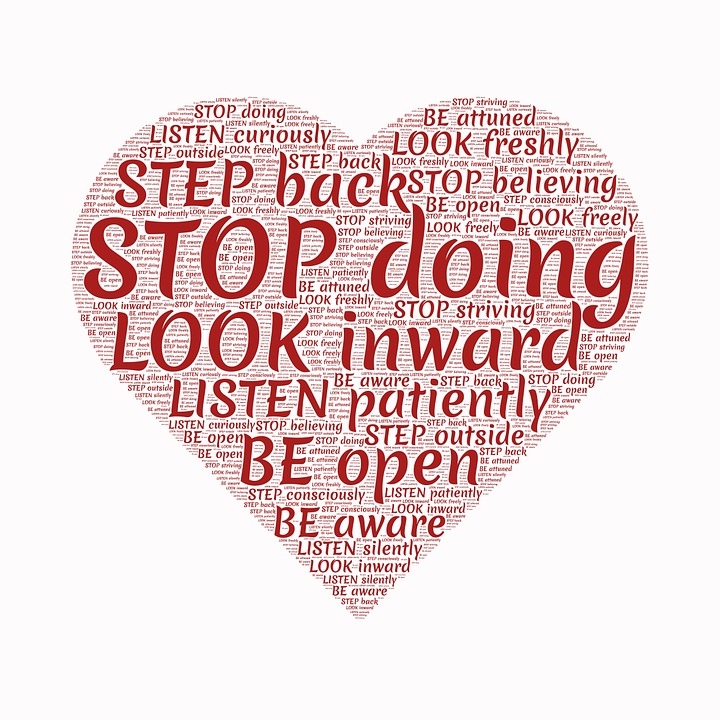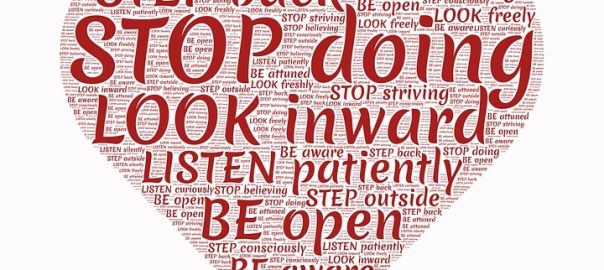— May 28, 2019
In this post I’d like to discuss “Empathy – why it is important in teams and what you can do if you struggle with it”. First, we all know what the role of the Scrum Master is, right?
The role of the Scrum Master is to “ensure that everyone understands and enacts Scrum”
– Scrum Guide November 2017.

I believe that in support of this role Scrum Masters should also exhibit all of the Scrum Values:
- Focus
- Openness
- Respect
- Courage
- Commitment
…thus setting an example for others to follow.
Amongst the many characteristic and traits that make up a good Scrum Master I believe the greatest one is empathy.
By demonstrating empathy a Scrum Master promotes the development of trust:
- trust within the team,
- trust in what you say,
- trust in what you do.
Being able to demonstrate empathy sits firmly within the role of a Scrum Master as a coach, a mentor and as a decent human being.
What is Empathy?
Noun – “the ability to understand and share the thoughts or feelings of another.”
Psychologists Daniel Goleman and Paul Ekman break down the concept of empathy into the following three categories.
- Cognitive empathy is the ability to understand how a person feels and what they might be thinking. Cognitive empathy makes us better communicators, because it helps us relay information in a way that best reaches the other person.
- Emotional empathy (also known as affective empathy) is the ability to share the feelings of another person. Some have described it as “your pain in my heart.” This type of empathy helps you build emotional connections with others.
- Compassionate empathy (also known as empathic concern) goes beyond simply understanding others and sharing their feelings: it actually moves us to take action, to help however we can.
However, Don’t Confuse Empathy with Sympathy
The differences between the two terms is:
- Sympathy is feeling compassion, sorrow, or pity for the hardships that another person encounters.
- Empathy is putting yourself in the shoes of another.
Can You Learn or Improve Empathy?
It is possible to improve empathy but it takes practice and then opportunities to demonstrate it.
For some people, empathy seems to come naturally – allowing people share their inner thoughts more readily but for others it needs to be practiced. Whether the person has practiced or is a born natural, empathy is a skill that needs to be regularly used so welcome any opportunity that may present itself to you.
Here are some tips on how to improve / practice empathy.
- Pay attention to what people are saying – Give them 100% of your attention.
- I have been fortunate to work with a couple of people who, when I spoke to them, I felt that they were totally focused on what I was saying. They were not looking at their phone, or checking emails – they seemed to be listening to every word that I spoke. This made me feel amazing as I had someone’s undivided attention, freely giving me their time and listening to all that I said. They may not have come up with a solution, or helped me find one, but I felt appreciated, valuable and listened to.
- Build upon your previous experiences.
- The previous experiences don’t have to be in the same industry or a similar role, as life experience and an open minded approach can be more valuable. Seeing people as people and not resources or FTEs (full time employees), is the often the first step to improving empathy.
- If you are listening, resist the urge to jump in and attempt to fix the problem.
- Allow them to continue to explain the situation and initially refrain from sharing an experience of your own. At this moment of time it is about them – how they feel, and why they feel that way.
- Once the person has finished, it is fine to share your experience or make suggestions.
- Relating it to something that may have helped you in the past is a good place to start. However, a word of warning, if you have an anecdote every time it can be easy to give the impression that you’ve seen it and done it all before. Sometimes it is okay to say “Yeah, that sucks – I don’t know how I would feel in that situation”. Just to know that they have shared and you’ve listened may be sufficient.
- Often you don’t have to wait for an individual to approach you.
- Revealing something, a thought or concern, that makes yourself less assured to others can show that you trust them. Be careful with this route, as you don’t want to share something incredibly personal which you later wish that you hadn’t shared. As the trust grows the level of what you share will grow.
- Keep in mind cultural differences, something that would work for one may not work or offend another.
- Whilst listening to a great talk at Agile Manchester, the presenter discussed the difference between Northern Europe and South American colleagues. What is appropriate to share in one region may not be in another.
- Your interpretation of another person’s behaviour, or thinking will be influenced by your prior experience and unconscious bias. Don’t be quick to assume or rush to judgement.
- Look for non-verbal indicators, body language, eye movements.
- Do they look happy to be talking to you? Is someone comfortable discussing with you about what they did at the weekend. Do they want to keep their professional and personal life separate?
- Get to know the team or the individual
- Build relationships with people, ask about their interests, concerns and wishes.
- Find out what makes people tick, what their interests are:
- Football – what team they support
- Cycling
- Canoeing
- etc…
- Where they are from in the country,
- University they went to..
- But don’t do it in an interrogation style, asking question after question – see where the conversation goes – if at all.
What Could Happen if you Don’t Demonstrate Empathy?
- Innocent misunderstandings can arise that can cause conflict, passive/aggressive behaviours at best.
- Individual and team behaviours change, altering the dynamics in the team.
- Teams don’t gel, cliques form and you’re looking at potential conflict escalation.
Why is Empathy & Trust Important to a Scrum Master
If people trust you – they will allow you to coach them; to help them become more professional and accountable to each other.
In Geoff Watts’ book “Scrum Mastery – From Good to Great Servant Leadership” – Geoff writes “Great Scrum Masters help their teams develop a talent for listening and empathy…
While Scrum Masters and team members may not necessarily agree with everything they are hearing, by displaying a genuine understanding for a person’s beliefs or feeling, they are more likely to increase their relationships with others, resulting in higher levels of collaboration and performance“
– I couldn’t agree more.
How are you going to work on your empathy skills? When was the last time you practiced listening?
Business & Finance Articles on Business 2 Community
(63)
Report Post







